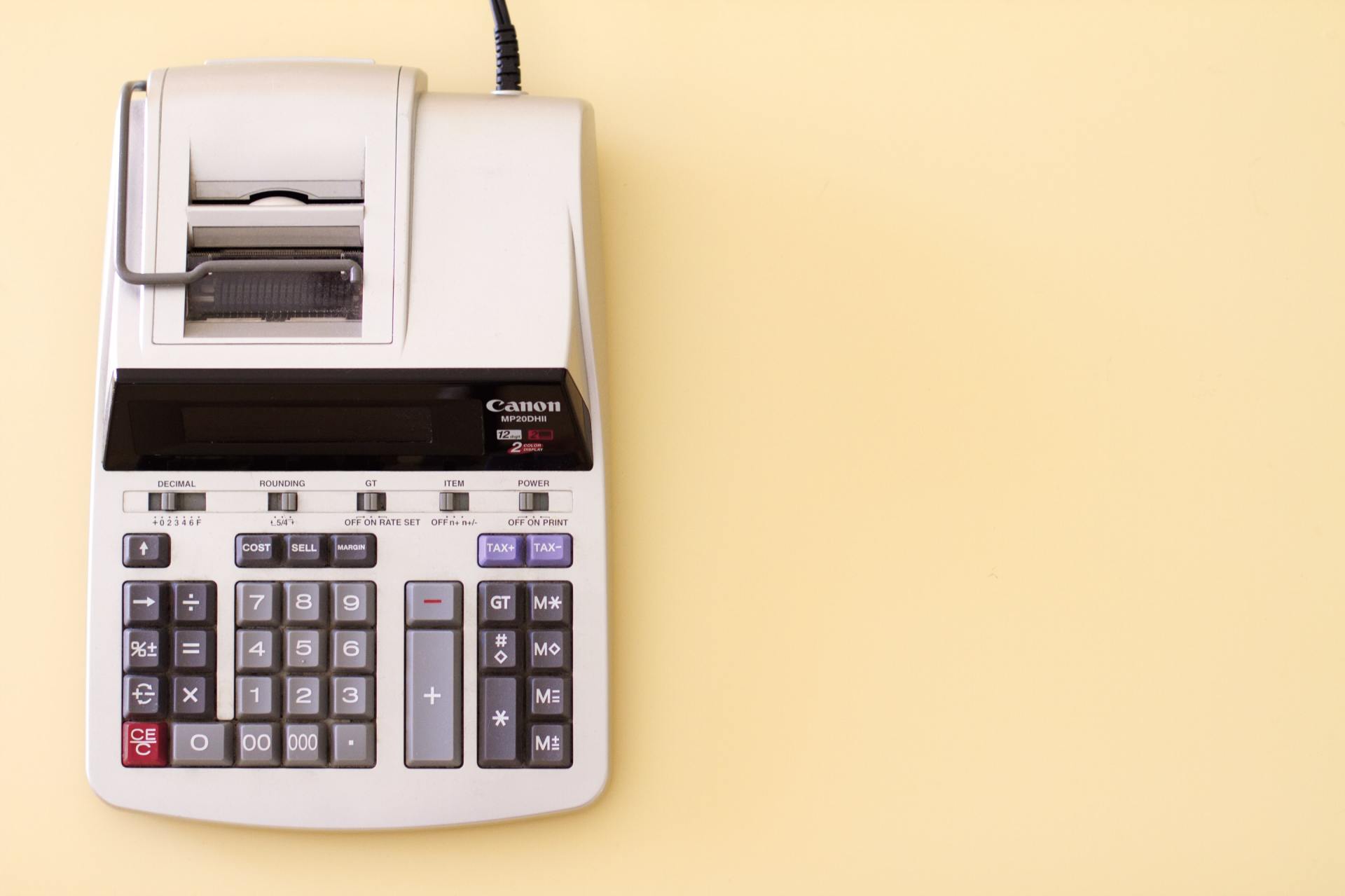Will a crackdown on Foreign Investment work?
If you are not a permanent resident of Australia, and want to buy a home here, you must obtain prior approval from the Australian Government.
There are a few exceptions to these rules [as outlined on the Australian Government Website [http://www.australia.gov.au/topics/family-home-and-community/housing-and-property].
The Australian Government believes that foreign investment in the housing sector should increase the supply of homes. Foreign Investors, by law, have to apply for a permit to purchase in Australia. This policy is designed to channel foreign investment into increasing the supply of new housing.
What happens if the correct permits have not been obtained?
A foreign investor may have to cancel the contract or sell the new property — potentially at a significant loss. Fines or imprisoned can also result.
Recently, the government announced a crackdown on foreigners who have bought Australian properties without proper approval. The “Guardian.com.au” announced, on May 5, that the Government has given Foreign Investors who have purchased without approval, until the end of November to come forward or face penalties.
Under a crackdown on foreign property investment, new penalties include fines of more than $100,000 and up to three years jail for individuals and fines of more than $600,000 for companies.
The package announced by the government on also includes a range of new fees for all foreign acquisition applications and new lower review thresholds for foreign purchases of rural land ($15m, down from $252m) and agribusiness ($55m, down from $252m).
On June 29, The “Herald Sun” reported that the government was also looking into making further crackdowns on Foreign Home Buyers who negatively gear their investment properties, with new figures showing overseas investors dodged paying $75 million in tax in just one year.
Australian Taxation Office figures show 52,670 foreign investors declared a rental income in 2012-2013, the most recent figures available. Almost half claimed they made a loss — most through negative gearing.
What does this mean for our market?
If the government follows through with their planned crackdowns on Foreign Investors who purchased without the correct permits, theoretically, there should be an increase in new properties available. The number available depends on the number of foreign investors identified and forced to sell their home.
The same impact could apply for planned changes to negative gearing – if this occurs.
On June 9, 2015 “ABC.com.au” reported that investigations are underway into 195 cases where foreign investment rules on residential real estate may have been breached.
Perhaps the combination of the foreign investors who do not obtain permits, a change to negative gearing laws for foreign investors may have an effect, but it seems, a far greater number than 195 properties nationally, will be required to have any impact on housing affordability and availability.
The bubble continues to grow. The best we can see in the near future is possibly a slow leak…..that may result in the market evening out on a plateau.
For a Free 1 hour Consultation, please call Julie on 1300 882 842 or use our contact us form to submit an online inquiry.





